 Back to Learn page
Back to Learn page

A Note From Our Founder
20 months ago I had a simple idea: What if capital markets could change?
What if capitalism (the same system that has driven us towards infinite growth at the cost of environmental devastation, wealth inequality, exploitation of workers, marginalization of people, and a sense of deriving one’s very purpose by the value of their productivity) could be used to solve the same problems it’s created?
But I had my doubts. Maybe I was just being naive.
It was September 2020. At the time, I was living in the Bay Area. The fires in California were so bad that I couldn’t see the sun through all the smoke. I was getting my PhD in physics, trying to find dark matter with 200 of the smartest people I’ve ever met. We were trying to solve one of the universe’s biggest mysteries — but something didn’t feel right. The world around us seemed to be disintegrating. Maybe I was just getting older and my eyes were starting to focus on the reality of the world I was living in. Was discovering dark matter really the problem I wanted to spend my time on? It couldn’t be. It felt so far away. There were more pressing issues that filled me with a sense of dread, like those thick gray clouds casting gloomy shadows on what should’ve been a sunny, late summer day.
Then something interesting happened. The Governor of California announced that the state would end the sale of all gas-powered cars by 2035. Then, New Jersey announced that it too would end the sale of gas-powered cars. And then Massachusetts made a similar pledge. It seemed like other countries were aiming for the same goal too. Even China pledged to make electric vehicles account for 50% of all new car sales by 2035. Politicians across the world came together, and pledged to reach a seemingly impossible goal.
I asked myself, “Why now?”
Then, not long after, Ford and GM both announced that they were doubling down in the EV space. It clicked. When Tesla’s valuation had skyrocketed, it sent a message to the rest of the world that something was changing. A new generation of investors didn’t care if Tesla’s business was profitable or not, they just knew that a world without EVs wouldn’t exist in 25 years. It was that simple. The concept of “value” was changing for the younger generation. What a company did for the planet mattered more than the profit it made. I thought, “Wow, wouldn’t it be great to live in a world where every companies’ mission was aligned with the values of their investors?” I wondered how we could get there.
I still had my doubts. Money was at the heart of this movement (these were for-profit businesses, after all). How could that be sustainable?
But something else happened around the same time. Investment firm Engine No. 1 launched a bid to take over 4 of the 12 board seats within Exxon Mobil, with the sole intent of reducing the company’s carbon emissions. They succeeded. How did they succeed? The boardroom challenge caught the attention of BlackRock, Vanguard, and State Street — some of the most powerful asset managers in the world — who all voted in favor of Engine No. 1’s board members during the Exxon meeting. These giant funds understood that there was an environmental and economic risk for the continued neglect of unmonitored carbon emissions.
I went to Proxy Monitor, a site dedicated to tracking shareholder votes, to see all of the votes taking place besides the Exxon Mobil one. What I saw shocked me. I saw shareholders voting on things like whether Microsoft should report on its gender pay gap disparity or whether Facebook should report on the sexual exploitation of children on its platform. These were big issues that impacted real people, but the proposals weren’t getting enough votes to pass.
Would these proposals only succeed if an activist group like Engine No. 1 was backing them? What would it take to get the big institutional firms like BlackRock and Vanguard to show support again?
I was beginning to lose hope that this would happen, that is, until a movement started among retail investors (the everyday people buying stocks as an investment in their financial future). Retail investors began entering the stock market in droves throughout 2020 for a variety of reasons, which seemed to reach a climax during the GameStop short squeeze in early 2021. Not only were average people getting involved in capital markets like never before, these same retail investors were beginning to wise up to the system that was built around them. In the aftermath of the initial GameStop squeeze, retail investors began learning about things like payment for order flow and securities lending. They were paying attention to how hedge funds and market makers were processing their transactions. Their scrutiny even helped push these issues to the floor of congress.
This group of retail investors — millions of people who are just like you and me — could be the ones who help push large corporations towards meaningful change. After all, it was our lives that were impacted by the decisions of these companies.
But this was just the tip of the iceberg. The more retail investors found out about the system, the more they were motivated to reform it. I was right there too. After starting my personal investing journey a few years ago, I went deeper down the rabbit hole in 2020, and even further in 2021. Eventually, I learned that my shares — and the shares of other retail investors too — could be lent out without me knowing. That’s because brokerage firms are able to lend out the shares that their retail investors buy, if that investor signed up for a margin account and agreed to “fully-paid securities lending” in the terms and conditions.
This throws a major wrench in the retail investing movement, because if retail investors’ shares are lent out, they lose the ability to vote with those shares. Without the ability to vote, retail investors can’t be the voting bloc that pushes companies towards meaningful change during shareholder meetings.
I knew something had to be done. Retail investors had to band together and use the system in order to change it. It was time to create something for this world that could allow people to truly help it.
That’s what led to Fennel.
Just like when I was researching dark matter, I surrounded myself with a team of intelligent people in order to tackle this mission. This time, it was a group of tech developers, financial professionals, and retail investors who felt motivated to make an impact as much as I did.
Together, we aimed to build a brokerage that had the interests of retail investors in mind. But more than that, we wanted to build a platform where people could come together and stand up for what they believe in. A place to fight for the planet, for our communities, and for the very society we all worked to build up. I hope that this platform motivates more people who align with our vision.
Join us and be part of this growing community. We hope to grow so big that our voices can no longer be ignored. Until every company truly understands the wishes of those who support them, Fennel will be there to fight alongside you.
Thank you to all of those who have joined me in this journey so far, and to all of you who have worked hard to make something truly special.
See you all soon.
Daniel Naim

Expand your knowledge further

A year ago, we started building an investing app to bring power back to the stakeholders.

The name "Fennel" is inspired by the ancient Greek myth of Prometheus.
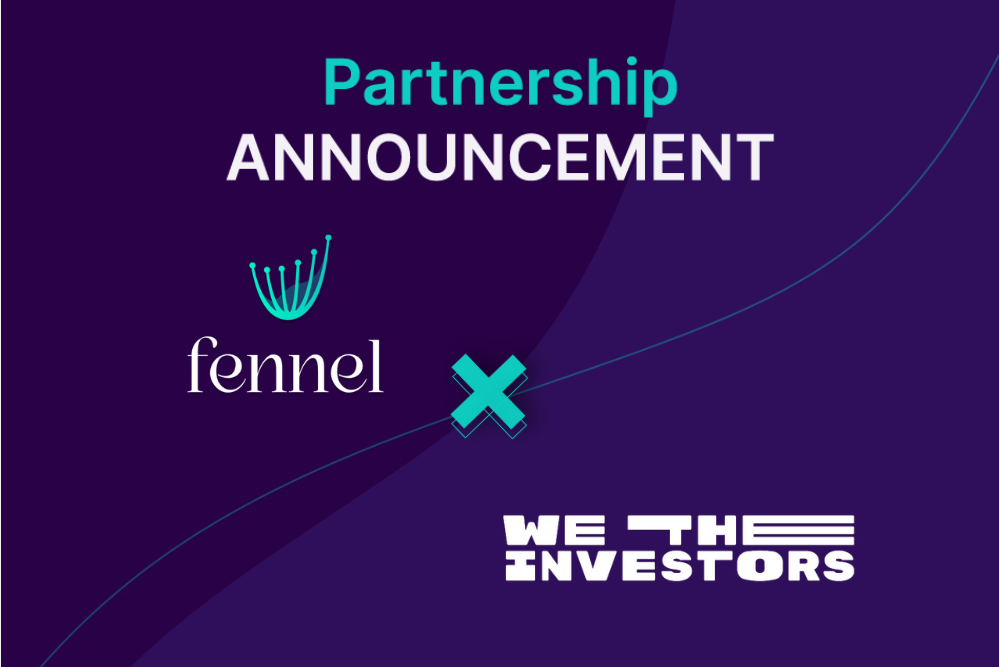
Fennel is joining forces with We The Investors to provide engaging educational content to help retail investors learn more about capital markets.
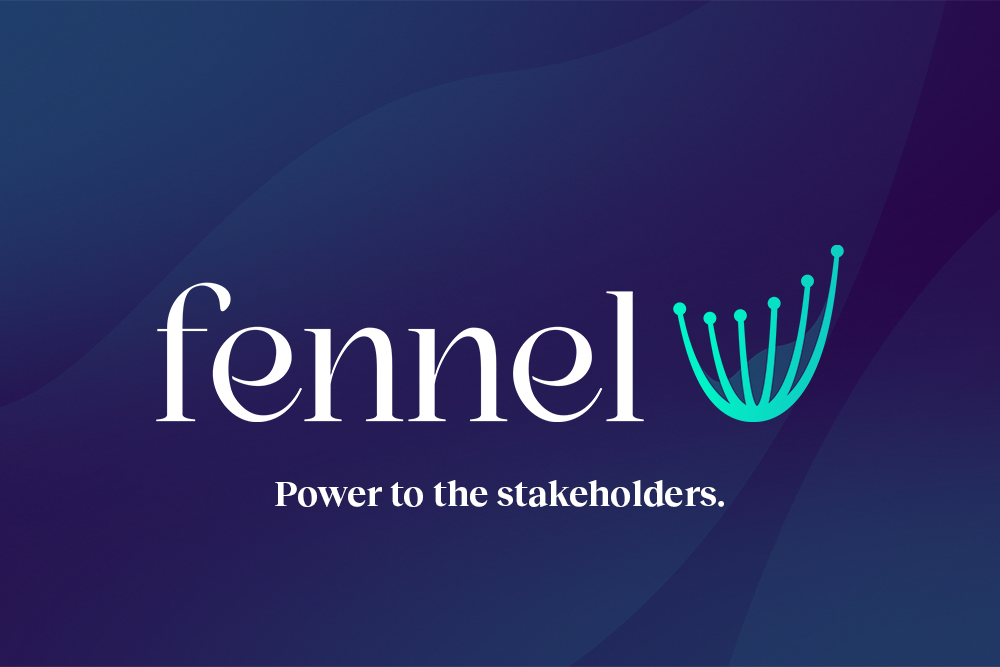
Backed by Jeff Cruttenden, founder of Acorns, Capital Factory, Temerity Capital Partners and more, Fennel has raised over $5M in funding to provide transparent financial and ESG-data to investors.
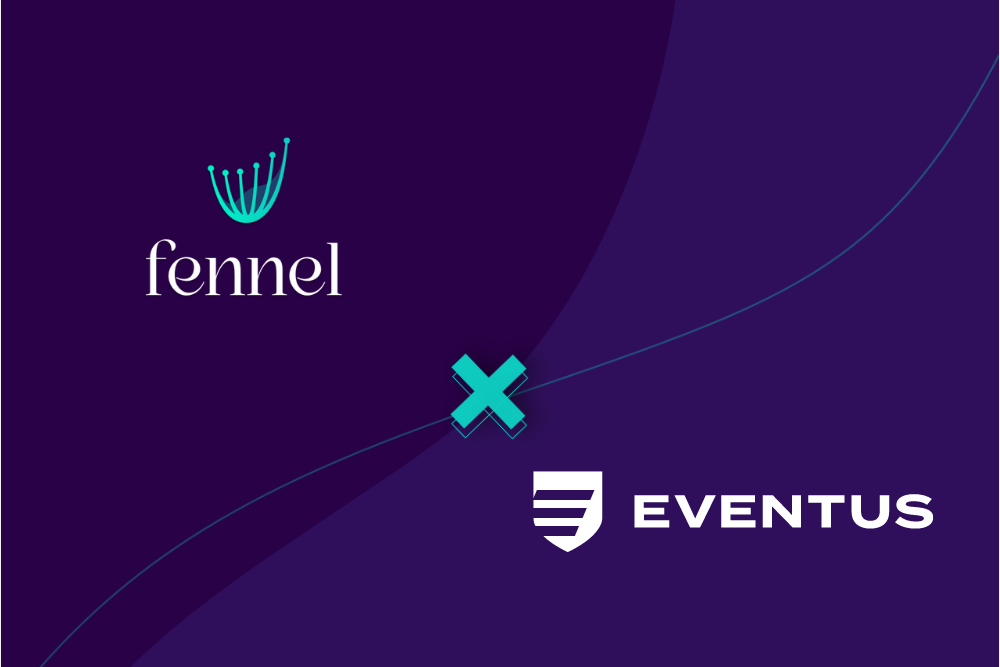
Fennel Financials joins forces with Eventus.
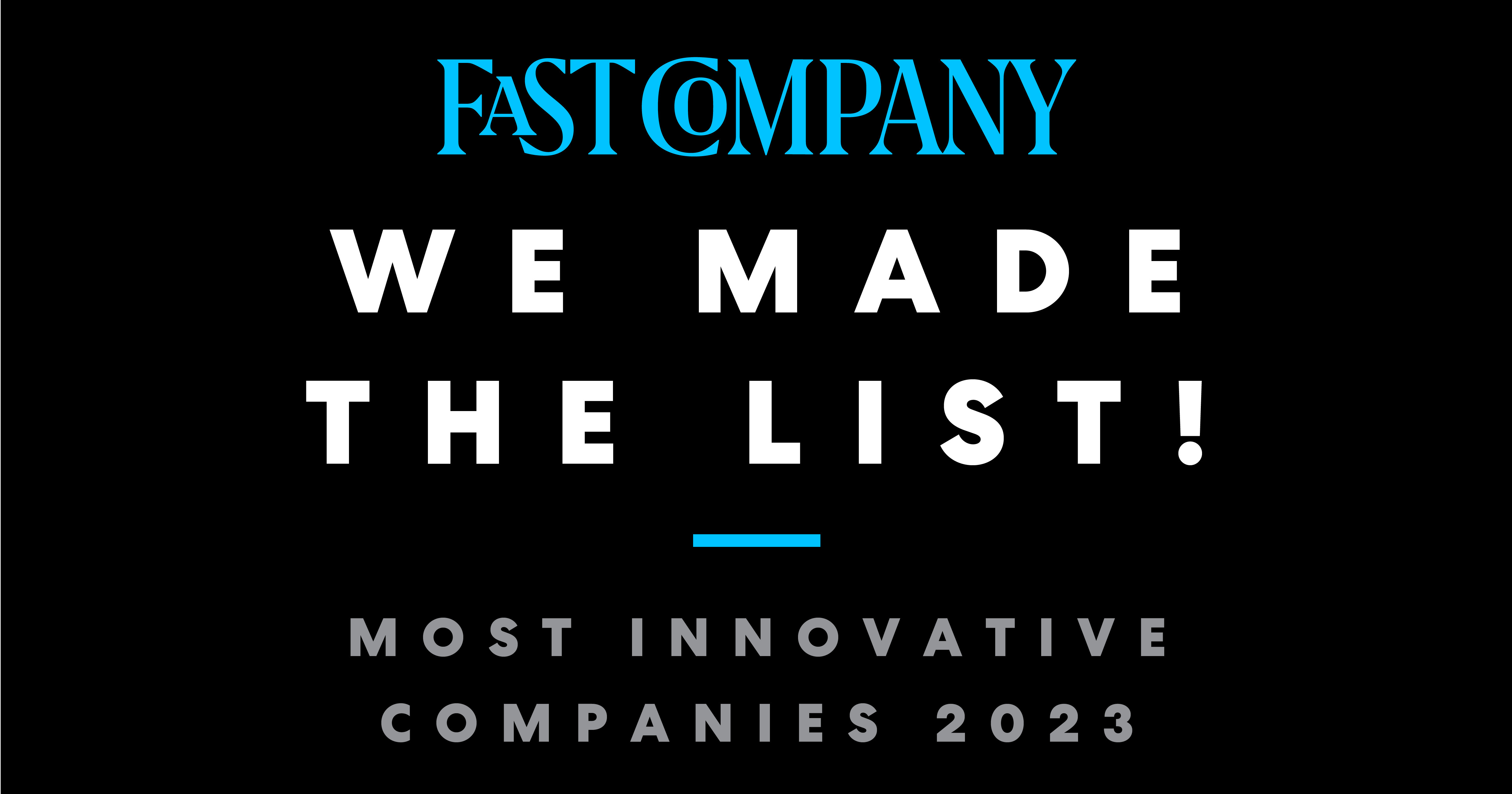
Fennel has been named to Fast Company’s prestigious list of the World’s Most Innovative Companies for 2023, joining a list of businesses paving the way in innovation and highlighting those at the forefront of their respective industries.
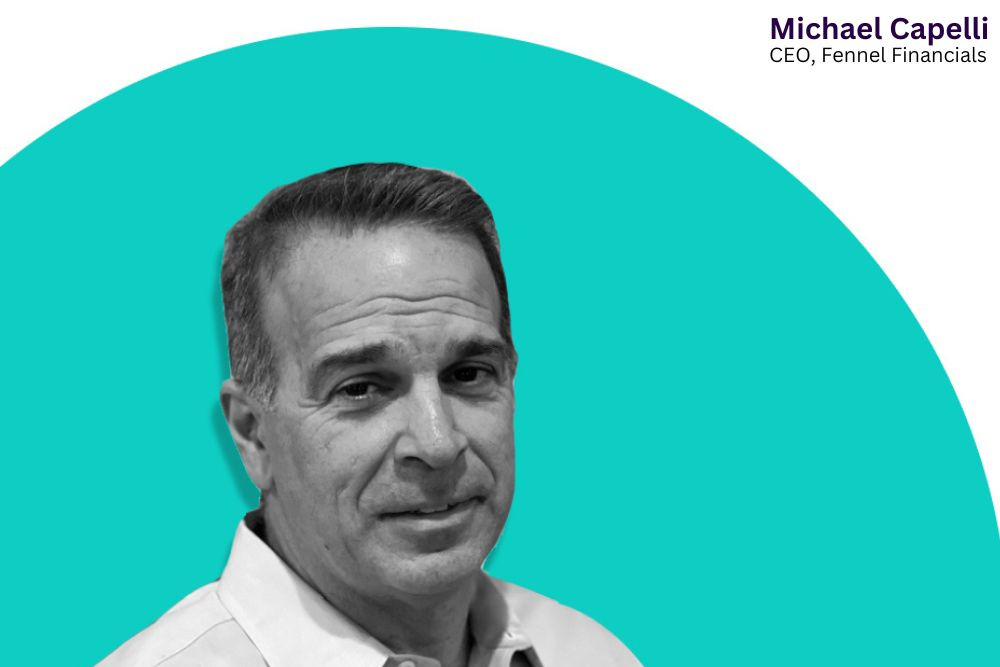
The ESG-focused retail investing platform hires Michael Capelli to lead its brokerage operations

Zero commissions doesn't mean zero costs.
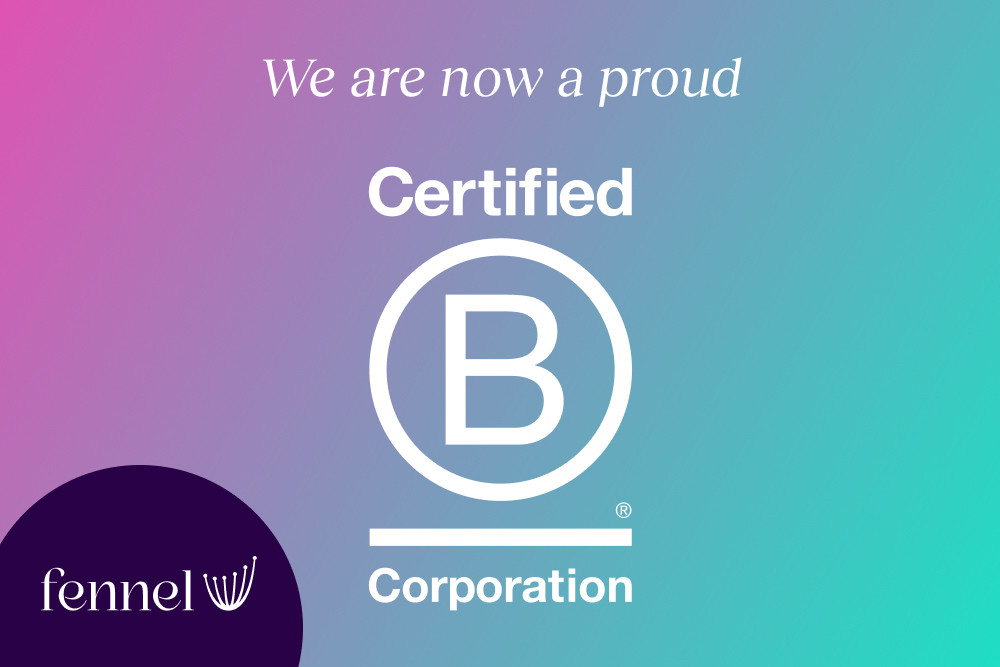
ESG & shareholder voting-focused brokerage becomes Certified B Corporation™, highlighting commitment to sustainable and regenerative economy.
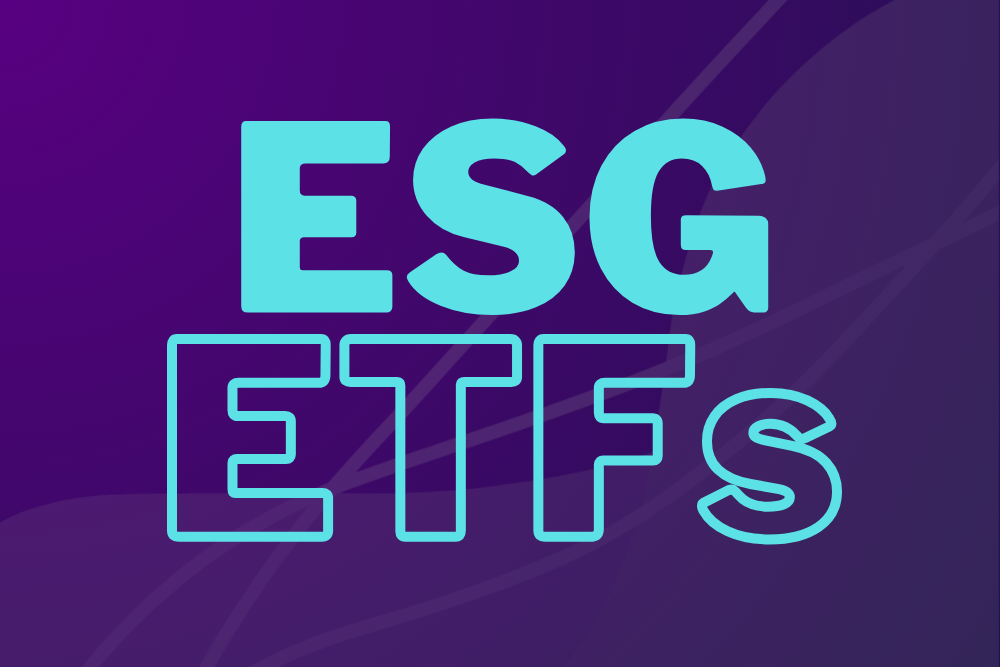
Here are some ESG ETFs you can trade on the Fennel app.
Take back the power of your investment
